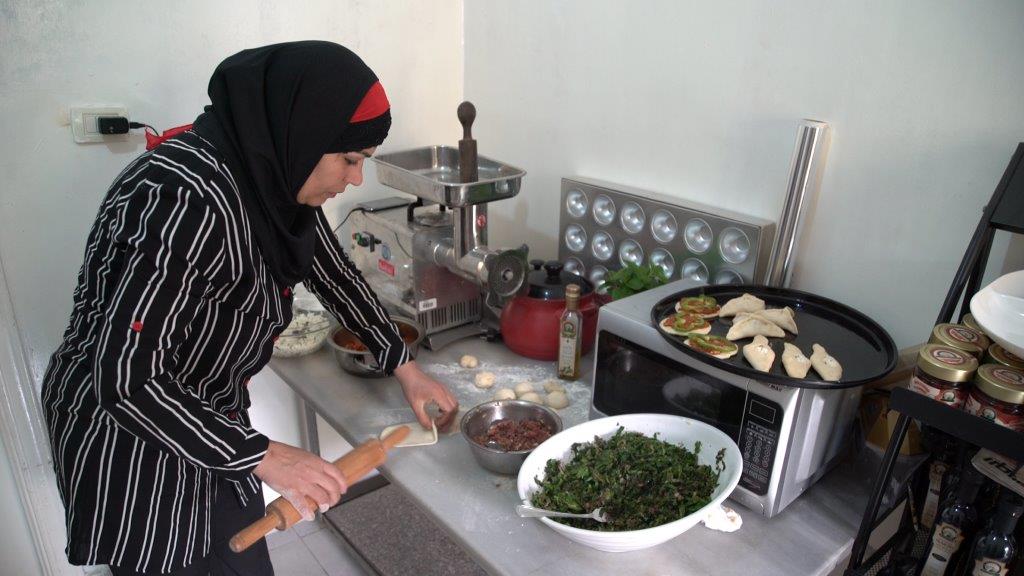Microfund empowers Jordanian women
Women's microfinance extends to Syrian refugees too
What would you do with EUR 2500? Bushra al-Obaidi made a new life. Struggling to put food on the table for her family, she took a loan from the Microfund for Women and created a thriving handicraft shop in the centre of Amman, the Jordanian capital. “I like having independence,” she says. “I like that I have capital, something that I can work on, use my initiative on. Something that benefits my family. I have daughters who are students and I can help them. There are other women, widows for example, who also work with us.”
“It changed my life a lot.”
For 20 years, the Microfund for Women has given women across Jordan confidence to go beyond the home and engage in business, through microloans that women are typically refused by local banks. “We target women because women in this region need a lot of support and they are amazing,” says Muna Sukhtian, the Microfund’s managing director. “The biggest impact is the cultural impact of empowering women. Along with having food on the table and a better education, children see their mothers actively working. This goes a long way for the future.”
Women in Jordan make up 70% of those living in poverty. They get lower wages than men, have little control over property, and often face the dual burden of being a homemaker and the main earner for their family. The Microfund also works with women among the Syrian refugees who fled across the border during that country’s five years of civil war. There are 1.4 million Syrian refugees in Jordan alone.
The Microfund approach changes Jordan’s culture too. Supported by the Microfund’s loans, women encourage their daughters to work and help create a sustainable future for Jordan built on entrepreneurship, opportunity and economic resilience—and equality. That’s why the European Investment Bank signed a EUR 2 million loan for the Microfund in 2014.

Amna Bklezi started her own home-cooking business with a Microfund loan at a time when her family’s economic situation was difficult, because her husband had been out of work for some time. She now employs four other women and intends to hire more. “At one time I was in need,” she says. “Now I feel for those in need. I want to lend them a hand, for them to work with me.”
To illustrate the power of Microfund’s programmes to change Jordan’s economy—as well as the status of its women—look at Bklezi’s confidence. She started her business cooking from home. But now she has bigger plans. “My ambitions for my work have gotten larger. Now, I hope to have a large restaurant.”